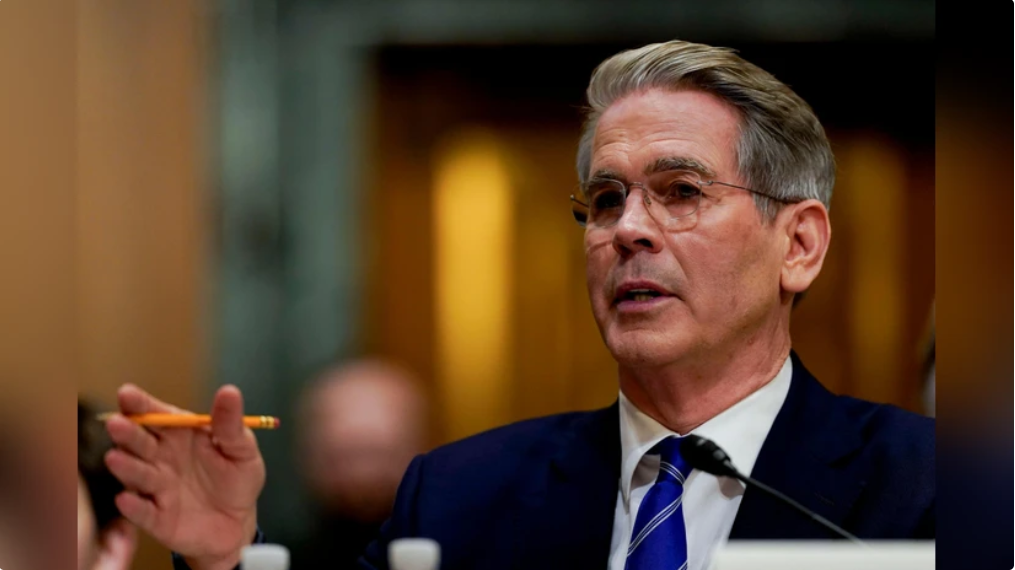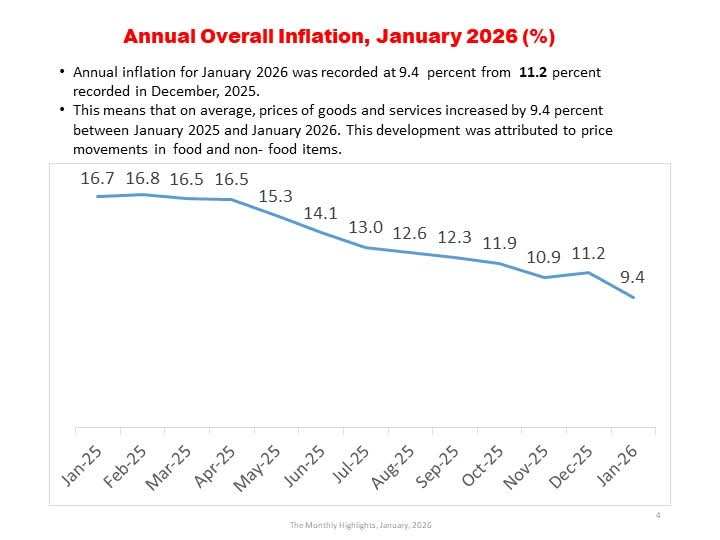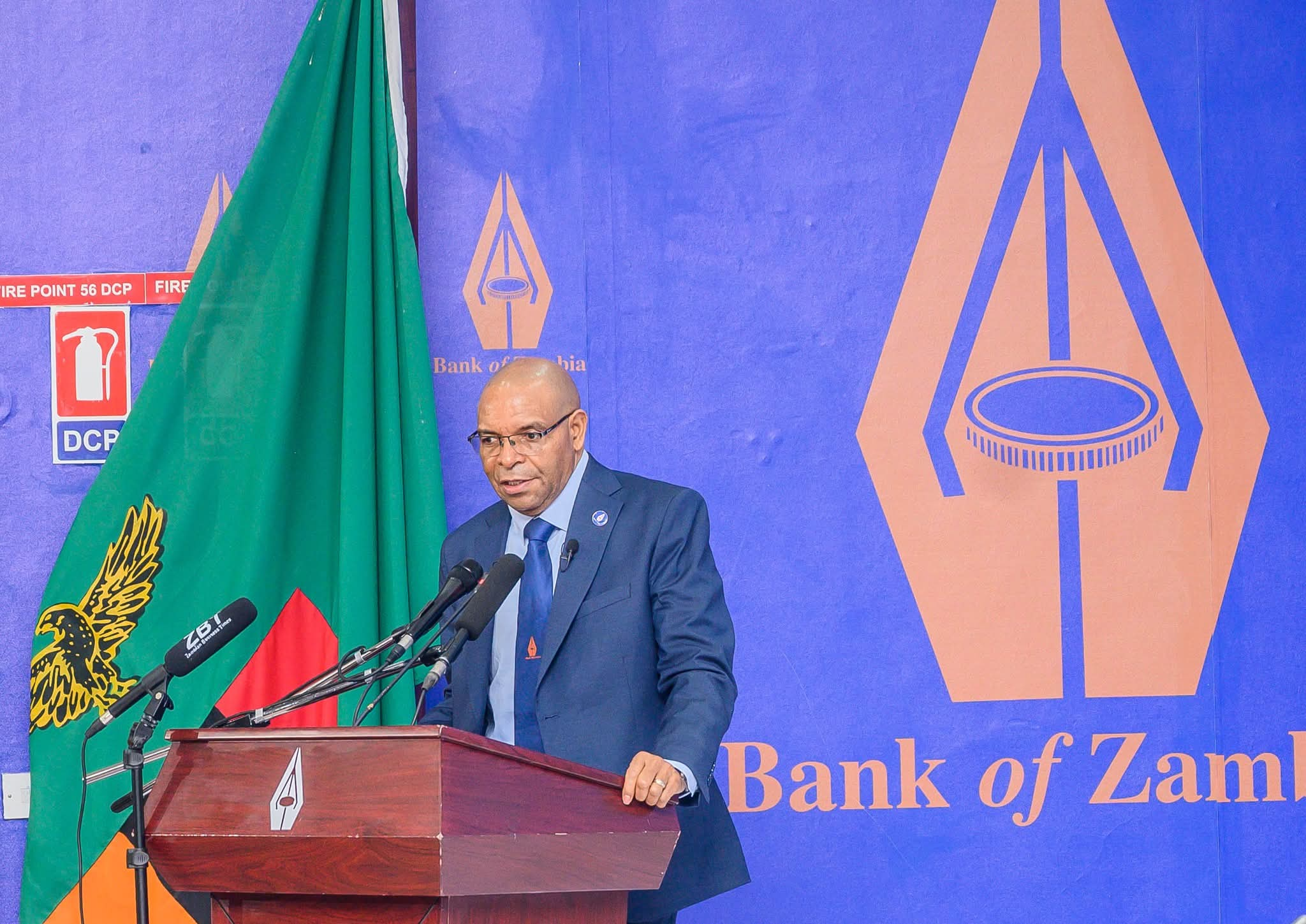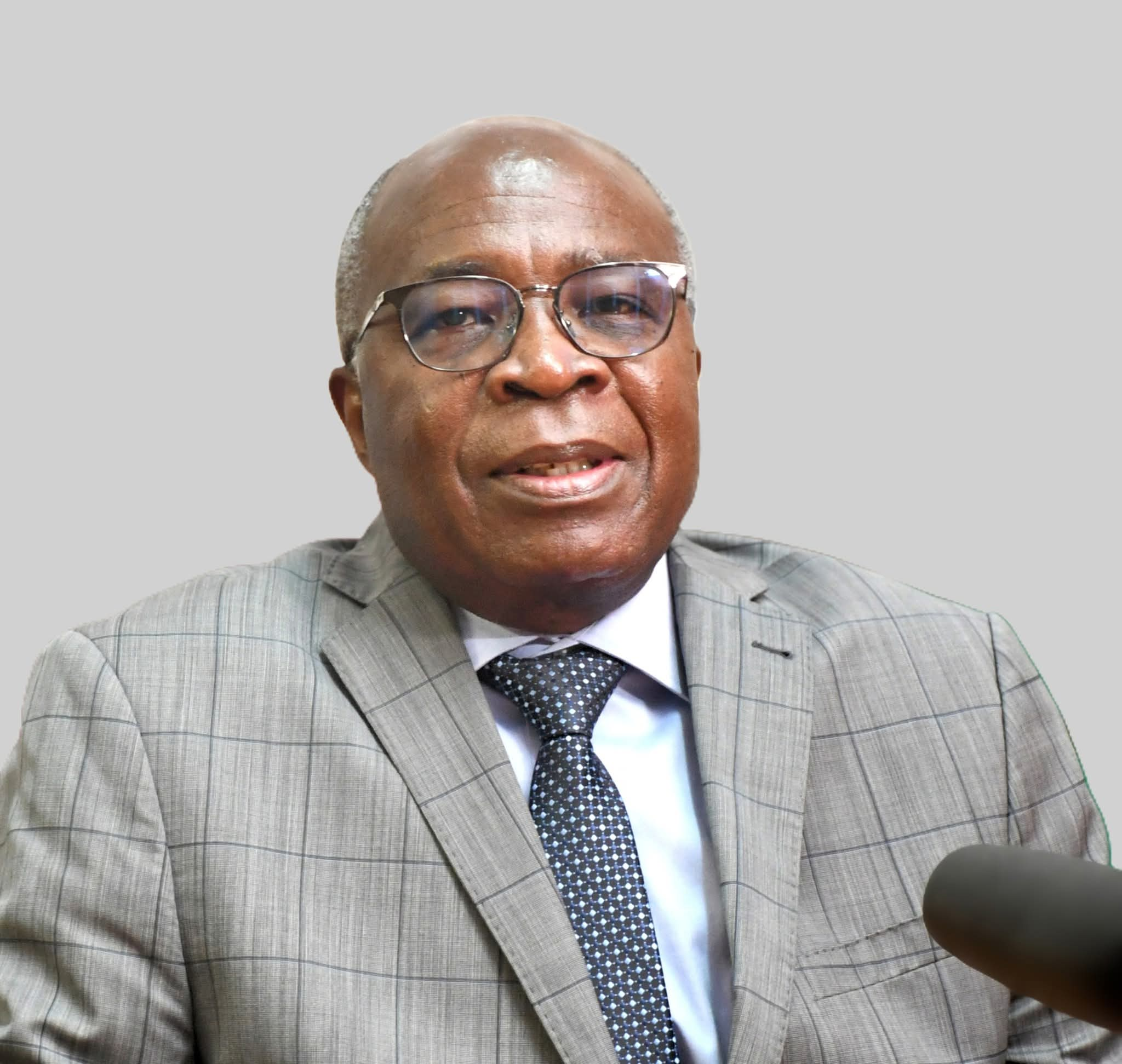By John Chola
In one of the most forceful challenges to the world’s top financial institutions in decades, the United States has demanded sweeping reforms at the International Monetary Fund (IMF) and World Bank — calling for both to strip back their climate-driven mandates, cut spending, and refocus squarely on their founding missions of economic stability and poverty reduction.
U.S. Treasury Secretary Scott Bessent delivered the blistering rebuke in a formal statement to the institutions’ Annual Meetings, accusing the Bretton Woods twins of drifting far from their purpose and “failing to deliver value to global taxpayers.” His words have sent ripples through international financial circles — and hit home in countries like Zambia, which remain heavily dependent on the policy prescriptions and financing of the two bodies.
“The IMF and World Bank must take more concerted steps to focus on their respective core missions and deliver greater impact to the
countries they support — and greater value to taxpayers,” Bessent declared.
Fiscal Discipline — and Salary Freezes for Top Executives
Bessent’s statement pulled no punches on the institutions’ internal finances, revealing that their combined annual budgets now top US$200 million, funds he said were being “siphoned away” from their central development and stabilization work.
The Treasury Secretary demanded flat administrative budgets, strict fiscal restraint, and salary freezes for senior executives, including the World Bank President and IMF Managing Director.
“In a time when countries are tightening their belts, we should expect the same from public institutions,” he said pointedly.
A Fossil Fuel Comeback: U.S. Pushes for ‘All-of-the-Above’ Energy Financing
In what could ignite fierce global debate, Washington called for the World Bank to drop its 45 percent climate co-benefits target, arguing that the requirement distorts funding priorities away from real development needs.
Instead, the U.S. wants the Bank to adopt an “all-of-the-above” energy strategy — one that includes financing coal, oil, gas, and renewables to expand affordable and reliable energy access in developing nations.
“Energy abundance sparks economic abundance,” Bessent asserted, in a direct challenge to European and multilateral climate commitments.
For resource-rich nations like Zambia — where access to affordable energy remains a major barrier to industrial growth — the U.S. position could reopen doors to projects long sidelined under green-lending rules.
No More Loans for China, Priority to the Poorest
The Treasury Secretary also urged the World Bank to fully enforce its “graduation policy”, ending concessional support for wealthier or more creditworthy nations — particularly China — and redirecting resources toward the world’s poorest.
That message resonates sharply for Sub-Saharan Africa, which continues to shoulder the world’s highest borrowing costs despite deep poverty.
Crackdown on Procurement Abuse and State-Owned Enterprises
Bessent’s blueprint included calls for a major overhaul of World Bank procurement rules, demanding tougher action against anti-competitive practices by state-owned enterprises (SOEs) and requiring the Bank to fund only commercially operated entities. The U.S. said this would help ensure fairer access to contracts for private-sector players from developing countries.
IMF Told to Drop ‘Mission Creep’ and Face Down Creditors
At the IMF, Washington urged a return to “strict, objective” macroeconomic surveillance, stripping away what it described as “extraneous agendas” like gender or climate analysis.
Bessent also criticized the Fund’s handling of debt distress, saying it was too lenient with powerful creditors, particularly China.
“IMF resources must not
be considered a piggy bank to repay creditor
countries that made a bad bet but refuse to take the loss,” he warned.
A Defining Moment for the Global Financial Order
Analysts say the U.S. demands mark a defining moment for the Bretton Woods institutions, exposing deep fractures among their shareholders over priorities — and leaving developing nations like Zambia watching anxiously from the sidelines.
While Washington’s push for fiscal discipline and broader energy financing could unlock new investment opportunities, its call to cut climate-linked funding may clash with global sustainability goals.
As Bessent concluded, “America First does not mean America alone.” But his message left little doubt: U.S. leadership at the IMF and World Bank will now be exercised with tougher oversight, sharper conditions, and a renewed insistence on accountability — a prospect that could reshape how global development finance is done.









Leave a Reply